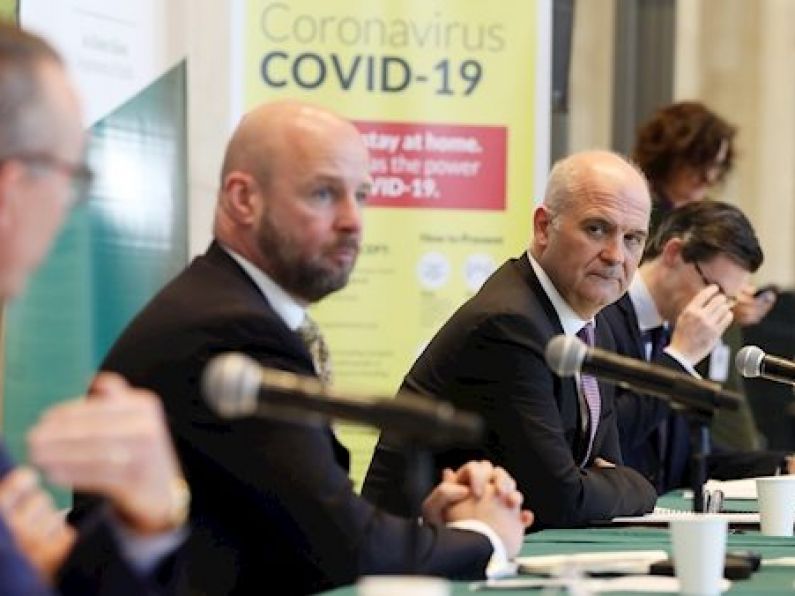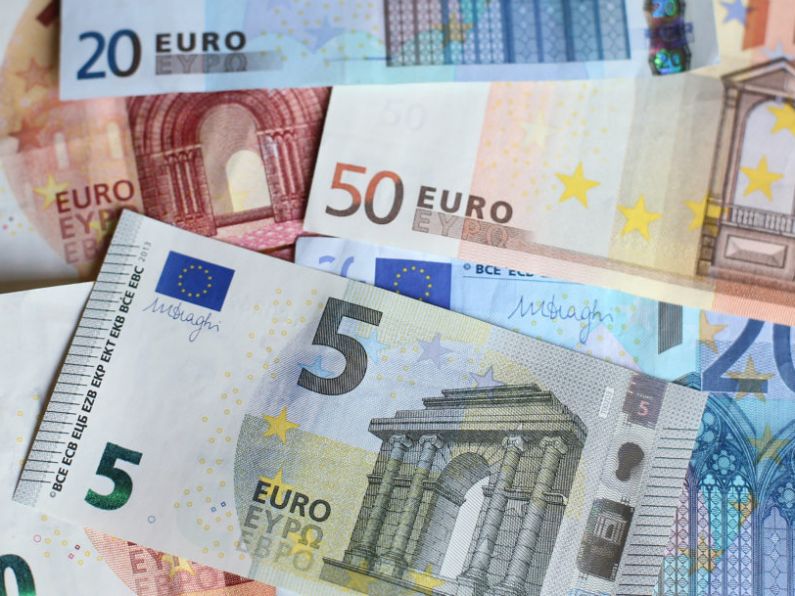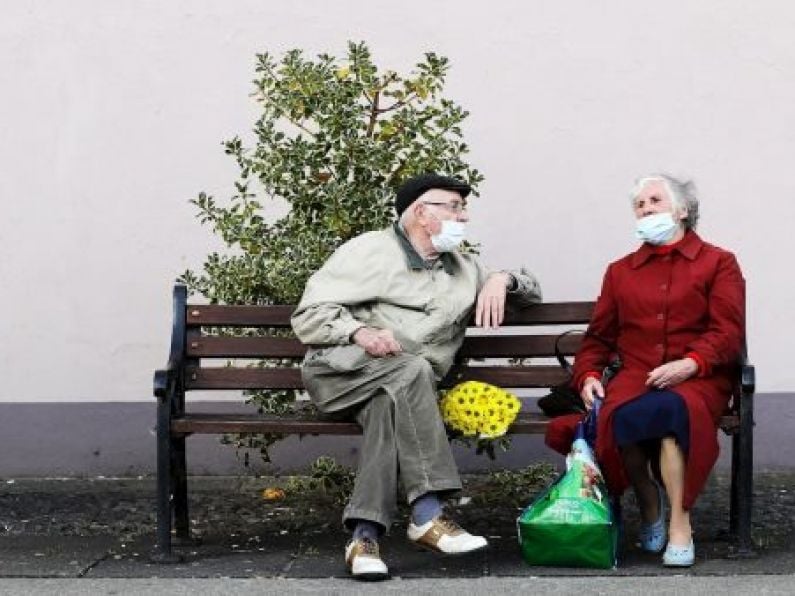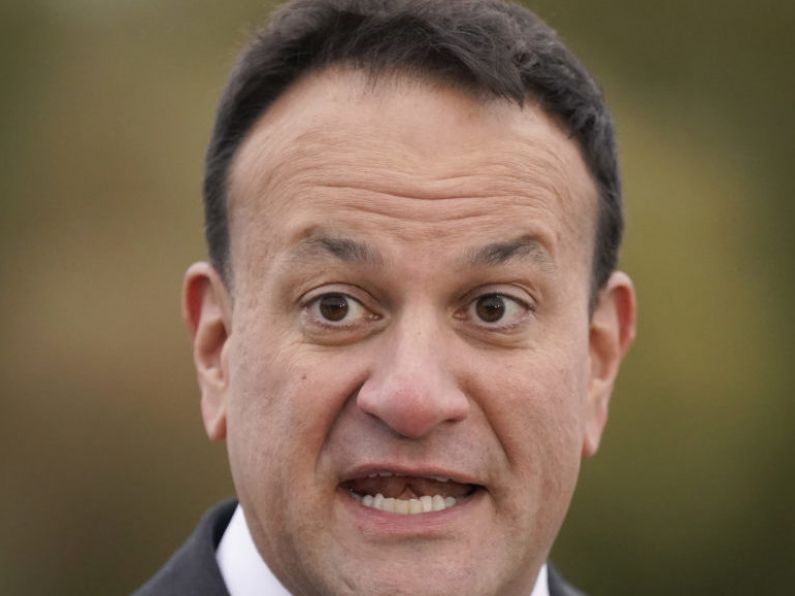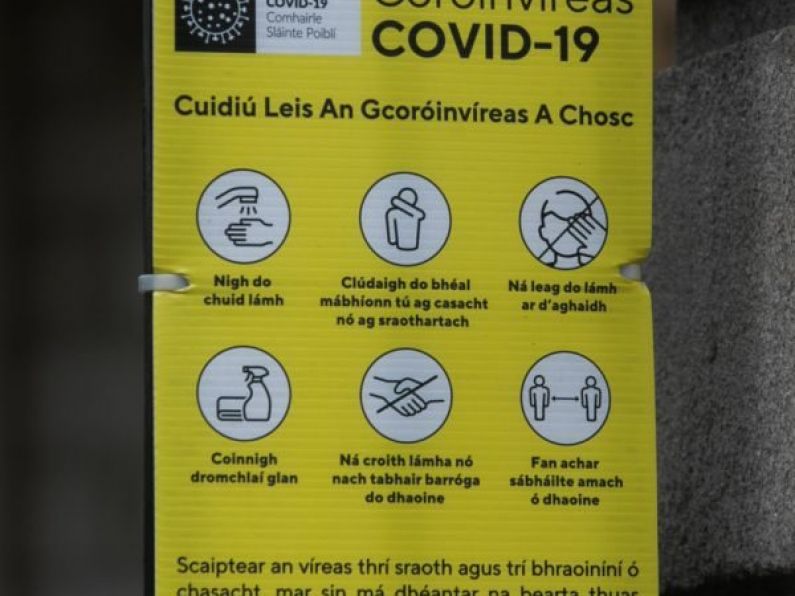The country is in the grip of a third wave of the Covid-19 pandemic and a rapid acceleration in the growth of cases is of very grave concern, senior health officials have said.
Despite having the lowest incidence rate of Covid-19 in the European Union, cases in the State have risen rapidly in recent days.
Some 727 cases were reported on Monday, with the five-day average doubling to 616 in the space of just four days.
“This is clearly a rapidly increasing incidence in what is now a third wave happening much, much sooner after the last one,” chief medical officer Tony Holohan told a press briefing.
“It's really important that people stay at home. The situation has changed and is changing very, very quickly.”
The Cabinet will meet on Tuesday to discuss new restrictions. Taoiseach Micheál Martin said on Thursday that restaurants and pubs were likely to shut before New Year's Eve and household mixing would be limited.
The chairman of Nphet's Covid-19 modelling group, Prof Philip Nolan, said the rise in cases was almost certainly due to the increase in people socialising.
He noted that case numbers were growing by at least 5 to 7 per cent per day and, “of particular concern, across all age groups”.
The number of people in Ireland infected by someone who has Covid-19 – the so-called reproduction number – could be as high as 1.5 to 1.6 as a result, he added.
Of the cases reported on Monday, 62 per cent were in people aged under 45, with 311 cases located in Dublin, 51 in Kilkenny, 48 in Wexford, 44 in Donegal, 44 in Cork and the remaining 229 spread across 19 other counties in the Republic.
Waterford has 16 new infections, Carlow has 5 while Tipperary has less than 5 new cases.
Counties Donegal and Louth have the highest infection rates in the State.
In Donegal, the 14-day incidence rate per 100,000 population is 273.9 and in Louth it stands at 240.5. The lowest rate is in Leitrim, with 28.1 cases per 100,000.
The 14-day incidence rate nationally is now 122 cases per 100,000 people – up from 83 on Monday last week.
Dr Cillian De Gascun said he could not exclude the possibility that the new strain of Covid-19 had already reached Ireland.
The director of the National Virus Reference Laboratory said it had been identified in the UK as far back as September, and that given the normal extent of travel between the two countries it was “difficult to exclude” that it was not in Ireland.
But he added to date there was no hard evidence that the variant was in Ireland.
This comes as the 48-hour ban on travel to the Republic from Britain is set to be extended until after Christmas.
The ban, which came into force at midnight on Monday, caused travel chaos in Britain, disrupting the travel plans of large numbers of Irish emigrants hoping to return for Christmas.
At least two consular flights are scheduled to fly from Britain to Ireland on Tuesday evening to get Irish residents stranded by the travel ban home.
Meanwhile, the State will receive up to 9,750 doses of Covid-19 vaccine by the end of the week after Europe’s medicines regulator recommended conditional approval for the vaccine developed by Pfizer and BioNTech.
Ireland is in line to receive two shipments of the vaccine just after Christmas Day. The shipments come in various sizes – ranging from 195 vials of the vaccine to 975 vials. Each vial contains five doses of the vaccine.
